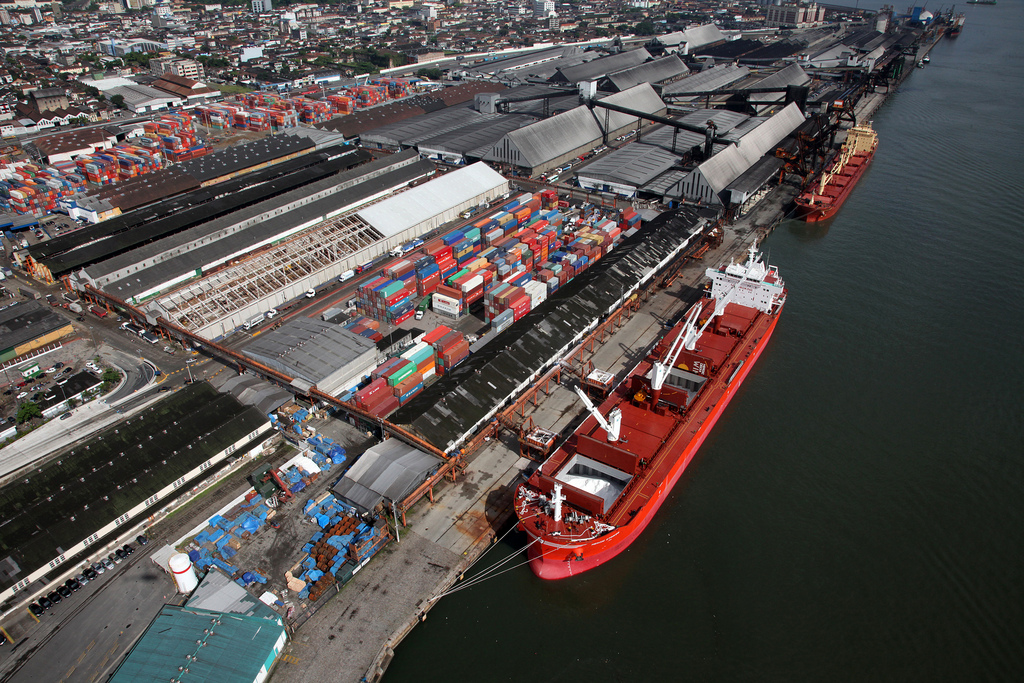query_builderBrazilian exporters allowed to apply drawback regime in imports realized on behalf of third parties
All News
->All Brazil News
Published: 6/23/2017
Brazil’s Secretariat of Foreign Trade (Secex) published a new regulation allowing Brazilian companies to benefit from drawback tax exemption even when the import process is operated on behalf of a third party.
The Brazilian drawback regime consists in tax reliefs over purchases realized to replace stock of inputs priory used in the manufacturing process of export goods, aiming to turn Brazilian industries more competitive abroad.
The measure will benefit especially small-sized companies, usually deprived of a proper structure to operate direct imports. Such companies generally depends on trading companies to buy the inputs necessary to manufacture their export goods. By the new regulation, drawback tax exemption regime may apply even if the company does not import with its own Import License (RADAR-Siscomex).
Prior to Secex resolution, only the same beneficiary companies of drawback exemption regime could import industrial inputs abroad with tax relief, prohibiting this service to be realized by other companies (traders, importers, etc.) on behalf of the drawback’s addressee.
With the new regulation, the Brazilian government expects micro, small and medium-sized companies will be more inclined to start activities in foreign trade, increasing the country’s balance of trade.
The measure will also bring the additional benefit of letting such companies to concentrate on their core business, delegating import process to intermediaries specialized in this sort of operations. In doing so, companies may act more efficiently in the market, raising their competitiveness and increasing exports.
Drawback
Drawback special customs regime was created by Law 37:1996 and allows suspension or exemption of Import Duties (II), Tax on Industrialized Products (IPI), Social Integration Program (PIS/PASEP), Contribution to Social Security Financing (COFINS), and Additional Freight for the Renovation of the Merchant Marine (AFRMM) for the import of inputs to be applied or consumed in the manufacturing process of export goods.
In the Drawback Suspension Modality, there is an additional relief over the state-level Tax on Circulation of Goods and Services (ICMS).
In 2015, US$ 48 billion were exported using drawback mechanism which states for 25.2% of Brazilian exports in the period. There are more than 1,600 companies registered in the drawback regime.
Source: Ministry of Industry, Foreign Trade and Services (MDIC)
-
No Attachments
